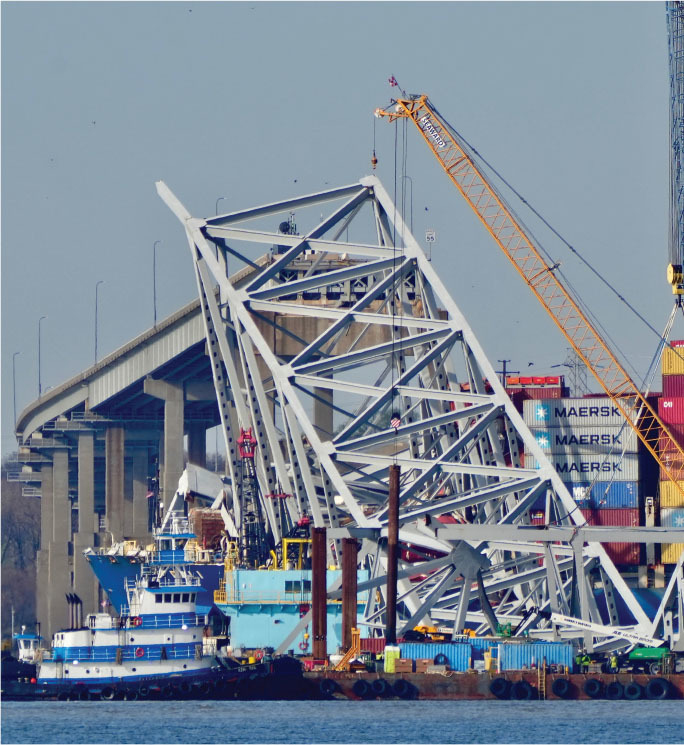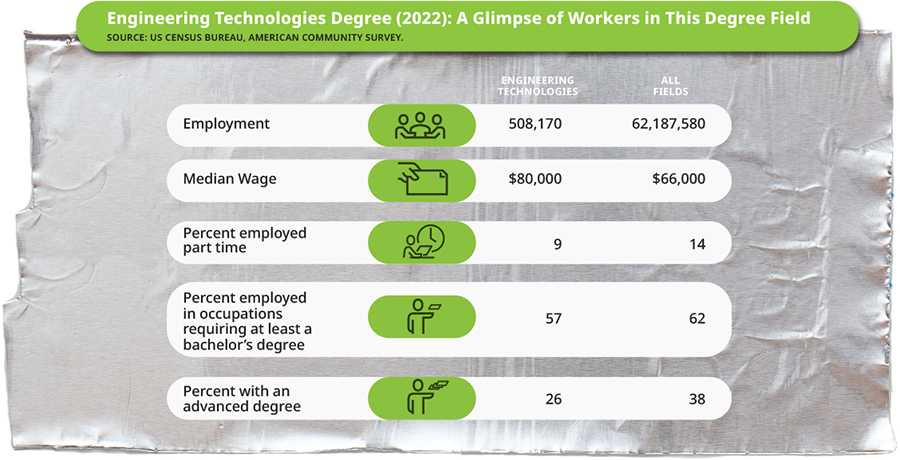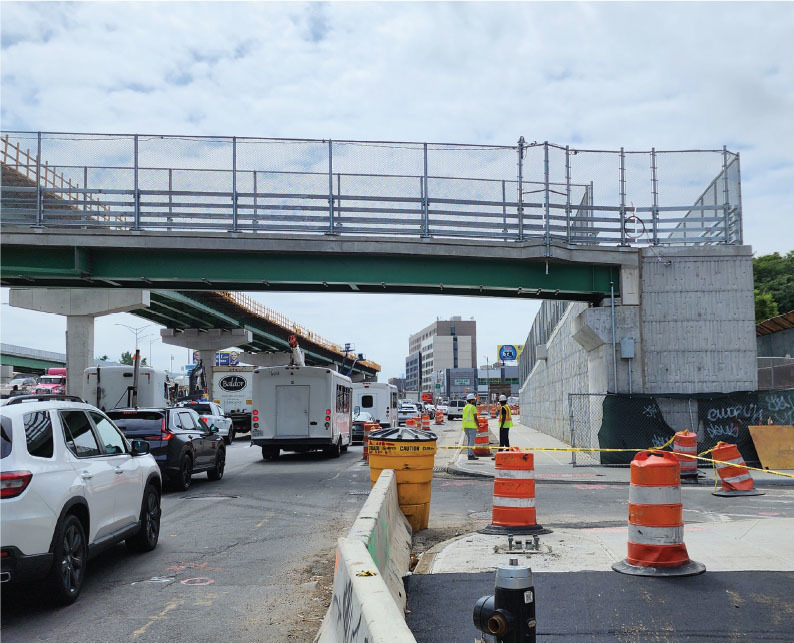May/June 2020
PE Report
Old Dominion Enacts Law on PEs and Pipeline Safety
Virginia Governor Ralph Northam approved legislation on April 7 that addresses the PE exemption for natural gas pipeline projects and was a direct result of the federal investigation into the deadly gas pipeline explosion in Massachusetts in 2018.
NSPE has, for decades, made it a priority to end professional engineering exemptions across industries. The new law doesn’t close the exemption loophole outright. Instead, it requires the evaluation of each natural gas pipeline project in Virginia to determine if it poses a material risk to the public. If it does, a professional engineer must be in responsible charge. The requirement clearly puts responsibility on natural gas utilities to prove why their projects don’t put public safety at risk.
Following its investigation into the gas pipeline explosion in Massachusetts’ Merrimack Valley, the National Transportation Safety Board recommended the involvement of PEs. The board’s final report said, “requiring a licensed professional engineer to stamp plans would illustrate that the plans had been approved by an accredited professional with the requisite skills, knowledge, and experience to provide a comprehensive review.”
Significantly, industry accepted the legislative language proposed in Virginia, which means it could be used as an example for addressing exemptions in other industries and states, as well as federal exemptions.
The engineering profession played an important role in the effort to pass the law. The Virginia Society of Professional Engineers offered to assist the Virginia State Corporation Commission’s Division of Utility and Railroad Safety in developing the legislation and the Virginia PE licensing board drafted proposed language.
Now that Northam has approved the law, a stakeholder group must present the State Corporation Commission with recommendations concerning the regulations by December 1.
The law also stipulates that the Commission shall evaluate the following when determining whether projects pose a material risk to the public:
- the installation of new or replacement transmission class pipelines, distribution mains, distribution services, points of delivery, and district regulator stations;
- projects that involve a change in system pressure;
- any other projects that may present a material risk to public safety; and
- alternative procedures for emergency work.
The law takes effect on January 1, 2021.


 Volunteering at NSPE is a great opportunity to grow your professional network and connect with other leaders in the field.
Volunteering at NSPE is a great opportunity to grow your professional network and connect with other leaders in the field. The National Society of Professional Engineers (NSPE) encourages you to explore the resources to cast your vote on election day:
The National Society of Professional Engineers (NSPE) encourages you to explore the resources to cast your vote on election day:










